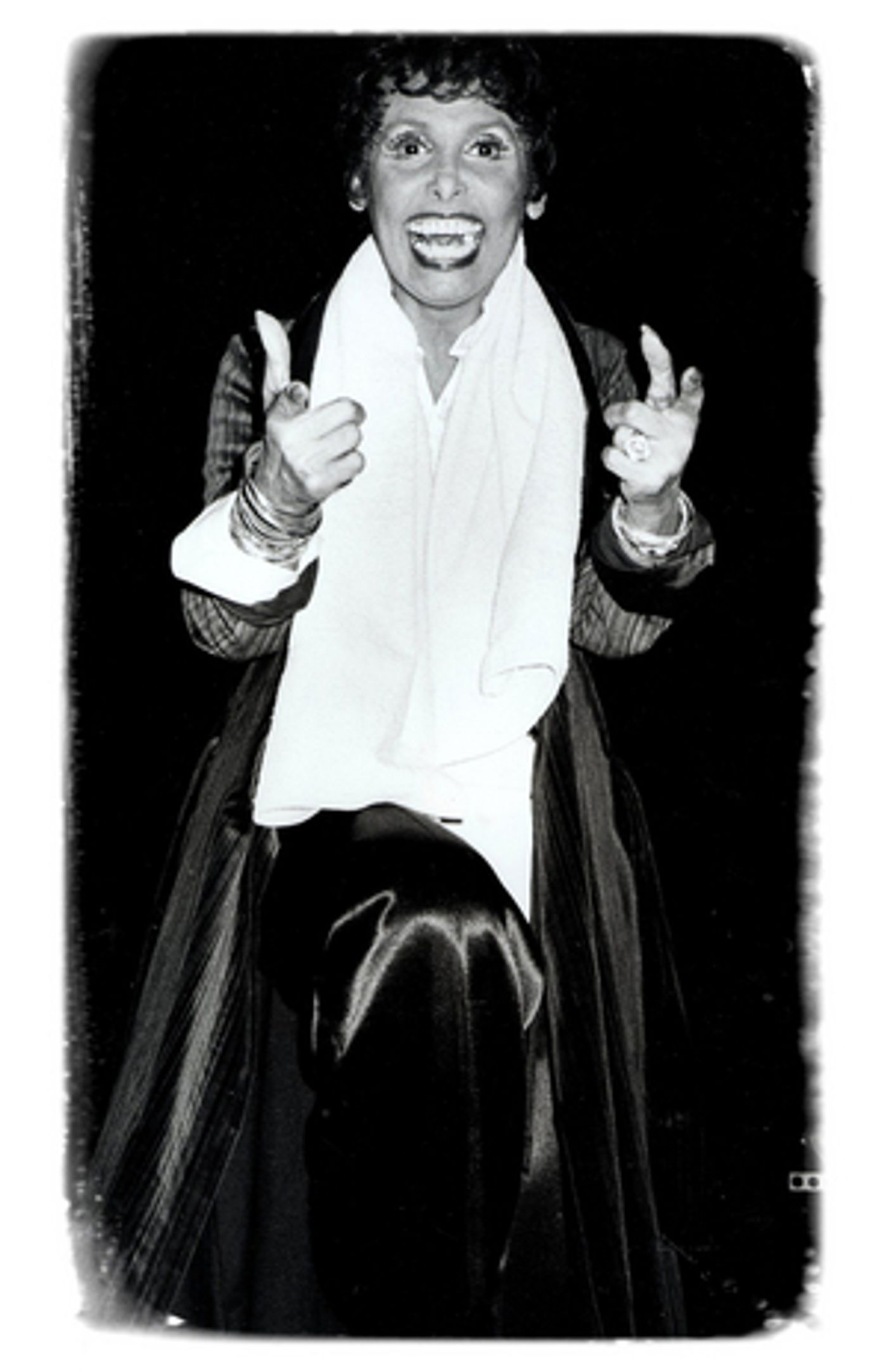VIDEO: On This Day, June 30- Remembering Lena Horne
Lena Horne is one of the most influential African-American pioneers in entertainment, with roots in theatre, music, and film.

On this day, we are celebrating the life and legacy of the great Lena Horne on her birthday.
Recognized as one of the most influential African-American pioneers in entertainment, Ms. Horne shattered the color barrier in Hollywood, was deeply involved with the civil rights movement of the 1960s, and collaborated with some of the greatest musical artists of the 20th century
With roots on the stage, Horne made her Broadway debut in 1934's 'Dance With Your Gods.' Horne won a the Tony and Drama Desk Awards in 1981 for 'Lena Horne: The Lady and Her Music.' She was also nominated for a Tony Award in 1958 for 'Jamaica.'
Horne was a celebrated jazz singer, being the first black performer to play the Copacabana nightclub. Horne was also a contract star for MGM Studios in the 1940s, the first black performer to be signed by a major Hollywood studio. In 1943, MGM loaned Horne to 20th Century-Fox for 'Stormy Weather.' Horne played Selina Rogers in the all-black film, and her recording of the title song, 'Stormy Weather' became her signature.
Despite her success Horne, struggled against the humiliation of accepted racism. In Brian Lanker's book 'I Dreamed a World: Portraits of Black Women Who Changed America,' Horne wrote "I was always battling the system to try to get to be with my people. Finally, I wouldn't work for places that kept us out...it was a damn fight everywhere I was, every place I worked, in New York, in Hollywood, all over the world."
In many of the films Horne did while at MGM she appeared only in musical numbers, which would later be cut from the film for viewing in the South, without the storyline being affected. She became a dedicated civil rights activist, participating in the March on Washington in 1963.
Videos


